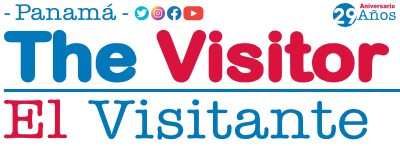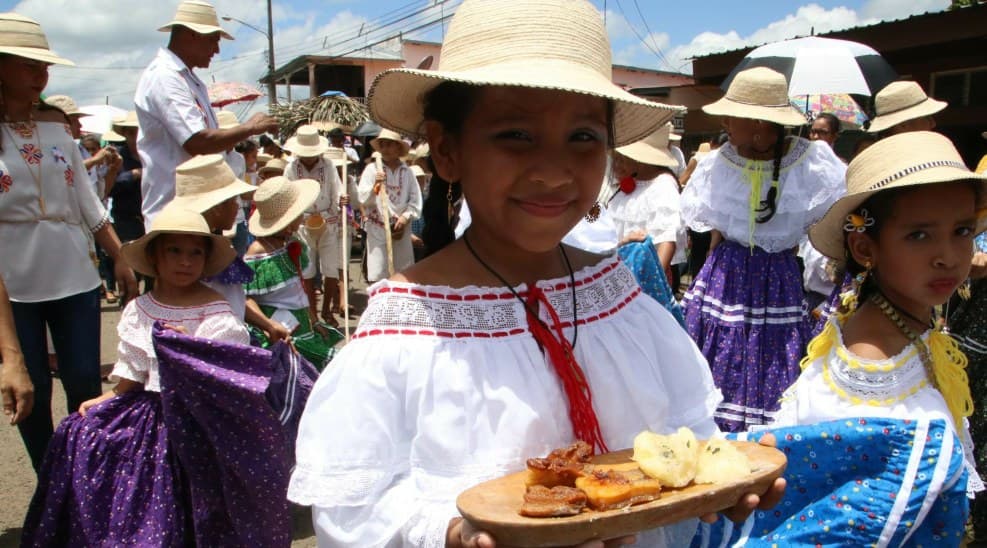In Panama, as in other nations of the world, the International Folklore Day is celebrated on August 22. Folklore is not only the dances, it is the food, the games, the music, the new mother who gives birth in the new hospital and remembers the stories of her mother when she came to the world in the old hospital, it is the streets and the paths that give us a name and an identity.
Roots of the Celebration
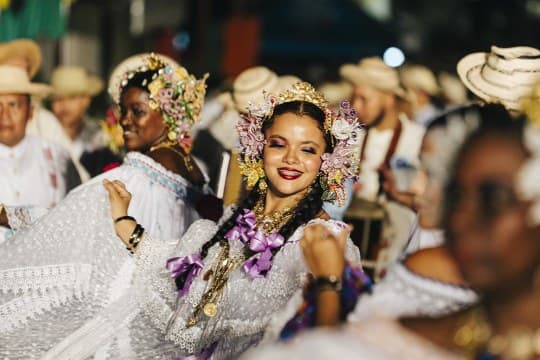
This important date for the cultural expressions of each country is commemorated in the historical moment in which the British professor and scientist William John Thombs used the word Folklore for the first time in a publication made in the newspaper the Athenaeum, when talking about “popular antiquities”, on August 22, 1846.
In his honor, UNESCO declared that same day as the “World Folklore Day” in 1960, which is why the main festivals in the world are organized in the month of August, especially in Spain, France, Portugal, Italy, the United States, Greece, Colombia, Mexico, Peru and Panama.
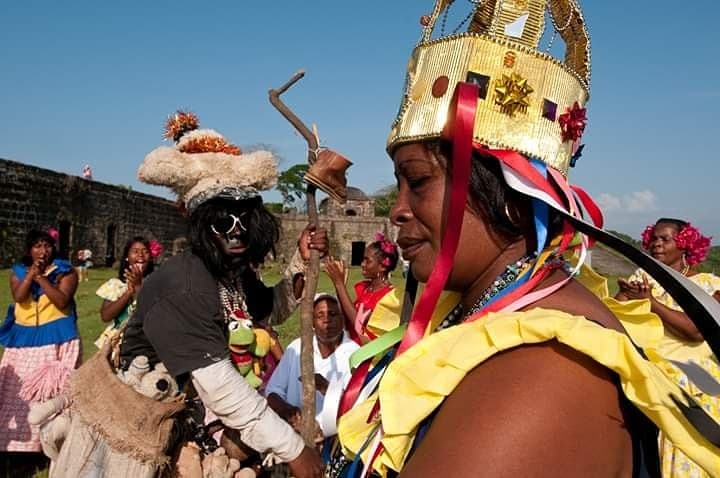
The Knowledge of the People
Folklore encompasses themes related to peasant customs and traditions, regional, municipal and national festivities, agricultural fairs and indigenous festivals, typical foods, drinks and viands, folk tales and legends, rhymes, sayings and jokes, indigenous ceremonies, talismans and amulets. magical, mystical and religious, patron saint festivities, superstitions, beliefs, recipes and botanical cures, music, songs, dances, dances, games and children’s rounds, handicrafts and crafts. For this reason, the term folklore etymologically means “knowledge of the people.”
Folklore in Panama
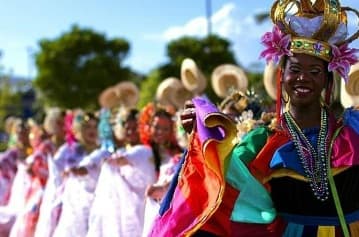
In Panama the term became popular thanks to the fact that Professor Manuel F. Zarate, who studied in France and was always very concerned about folkloric research, instituted the First Festival with a team of men and women in the town of Guarare, more than 60 years ago, to exalt vernacular music, in honor of the Panamanian folk instrument such as: La Mejorana.
